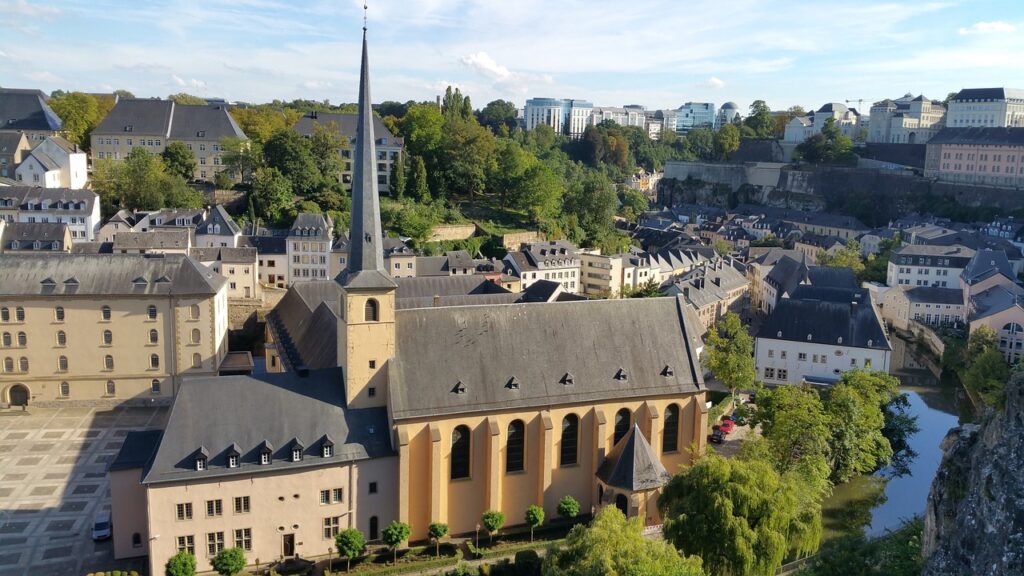Advancing a Green Hydrogen Ecosystem in Luxembourg

The LuxHyVal project aims to position Luxembourg as a leader in green hydrogen production and application. This initiative seeks to create a “hydrogen valley” by developing a fully integrated value chain, covering local production, storage, distribution, and utilization of hydrogen. The ambitious project is aligned with Luxembourg’s National Hydrogen Strategy and is backed by external financial support, with an investment exceeding 38 million euros.
A key feature of the project is the goal to produce 650 tons of green hydrogen annually. Approximately 69% of the produced hydrogen will be used in the transportation sector, for public buses and industrial vehicles, while 31% will supply industries like metal and glass manufacturing. This transformation is expected to play a critical role in decarbonizing the mobility and industrial sectors.
The LuxHyVal project is led by a consortium of 19 partners from seven countries, including six European countries and Australia. The University of Luxembourg coordinates the project, ensuring the safe design, operation, and certification of the green hydrogen infrastructure. An important focus is on developing business models, financial viability, and regulatory inputs for hydrogen applications. Currently, the project is undergoing an integral planning and design process to ensure the success of the hydrogen production and distribution infrastructure.
In addition, LuxHyVal is committed to validating hydrogen systems through real-world applications. This includes validation by end users in industrial and mobility sectors, as well as assessing the social impact of the project, public acceptance, and environmental sustainability through life cycle assessments. These evaluations will provide valuable insights and lessons for scaling and replicating the project across Europe.
As part of the broader impact of the initiative, LuxHyVal also emphasizes the use of digital tools for optimization and scaling. The development of a Digital Twin platform will help optimize hydrogen system operations and support the expansion of the project to other regions, specifically two “Follower Valleys” in Central and Eastern Europe (Czech Republic and Ukraine).
Ultimately, LuxHyVal aims not only to reduce carbon emissions but also to promote economic growth, professional development, and public awareness of the potential of green hydrogen. The project’s success will be a crucial step in the broader effort to decarbonize the European industrial sector by 2030 and beyond.